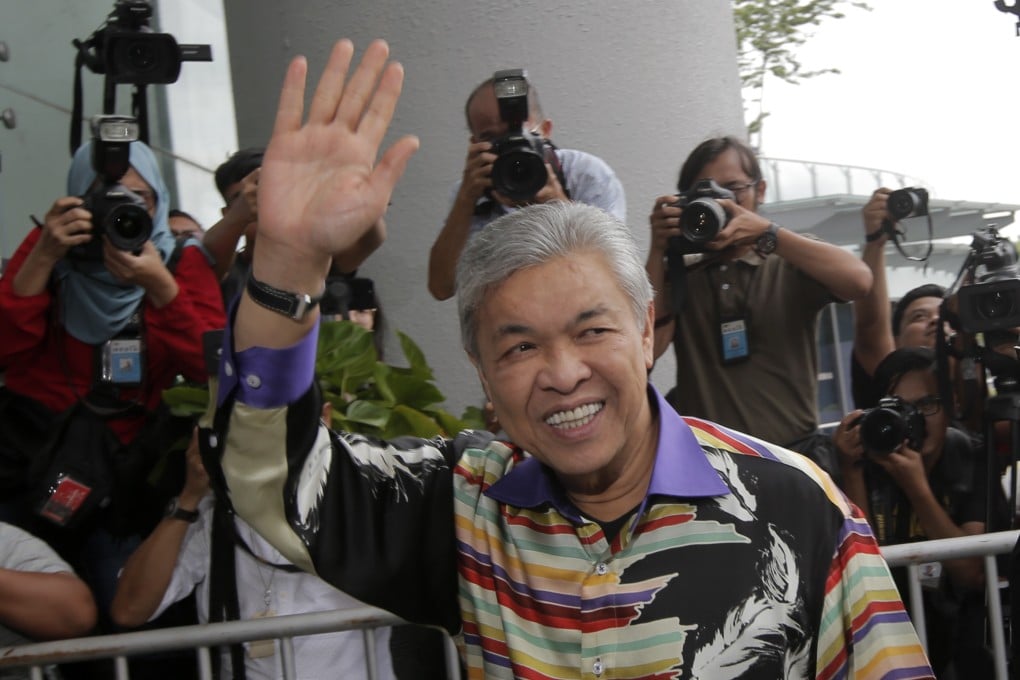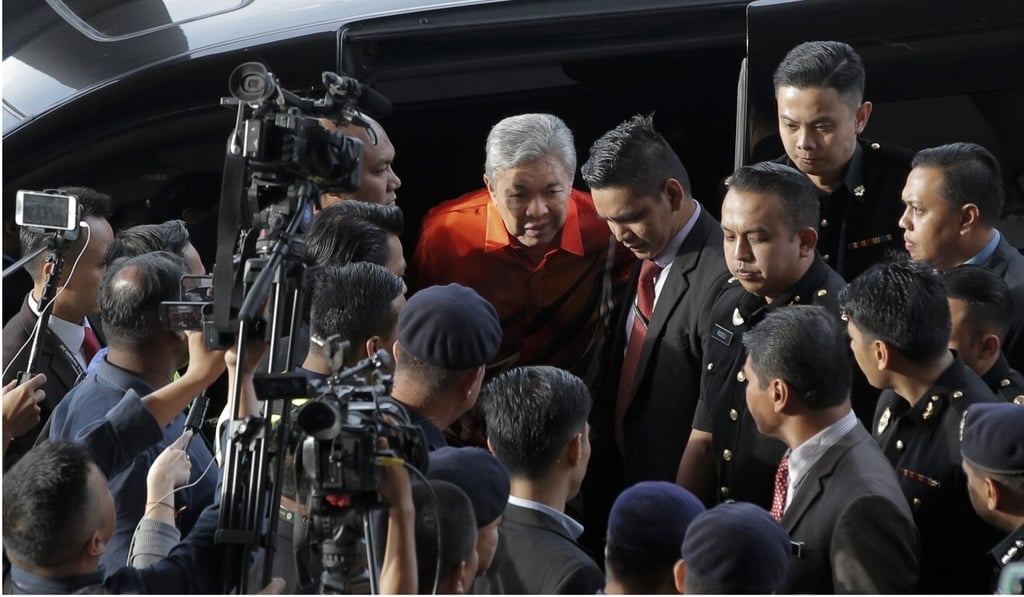Umno, stalled juggernaut of Malaysian politics, faces leadership dilemma
- Party that ruled for 61 years before being toppled by Pakatan Harapan in 2018 is struggling to regain momentum amid corruption cases that have dogged leaders
- As the country struggles with record levels of Covid-19, an intra-party battle is on. Grass roots leaders say: choose a new leader who can start afresh, or continue and risk losing even more members

While Umno remains popular with Malay voters, the party is fractured, wracked with internal rivalries and has a party president who faces corruption charges involving millions of ringgit.
Umno, which until it lost power had accounted for every prime minister in Malaysia since the country’s independence from British colonial rule in 1957, now faces the choice of choosing a leader who could clean-up the party and give it a fresh start or continuing with its current crop of leaders and face stagnation or decline, grass roots leaders say.
A senior grass-roots leader told This Week in Asia Umno could “lose many voters” in the next general election if its current president Ahmad Zahid Hamidi were re-elected.
“If Zahid wins, members would quit the party by the thousands, I’m sure of that … if there is no change in Umno,” said the grass roots leader, adding that only a new president would be able to “fix” the party.
“Umno, or more specifically Umno members, should change its ways and some of its older leadership in order to become relevant and to be trusted again by the people. That’s the only choice they have now,” said the leader.
